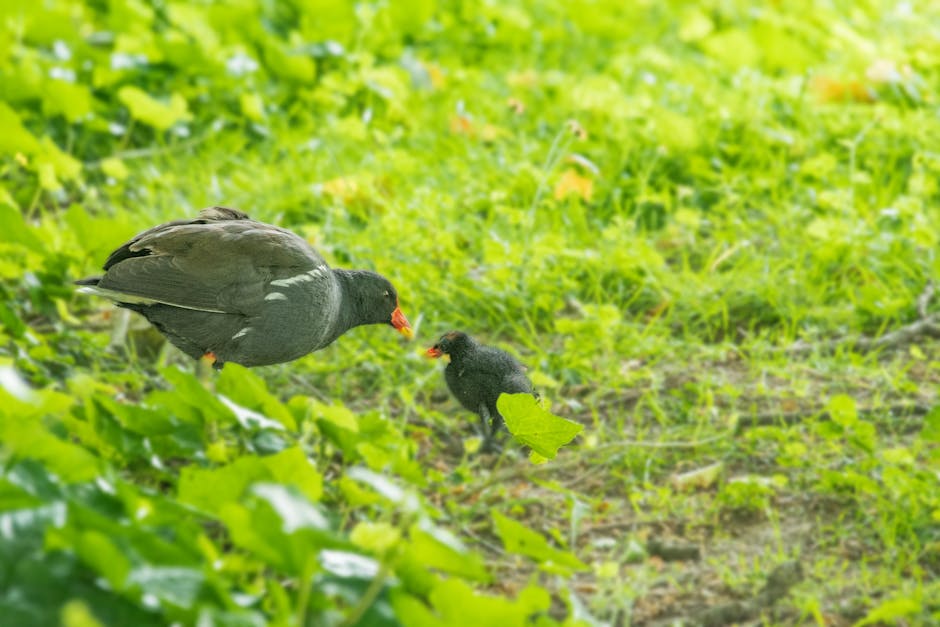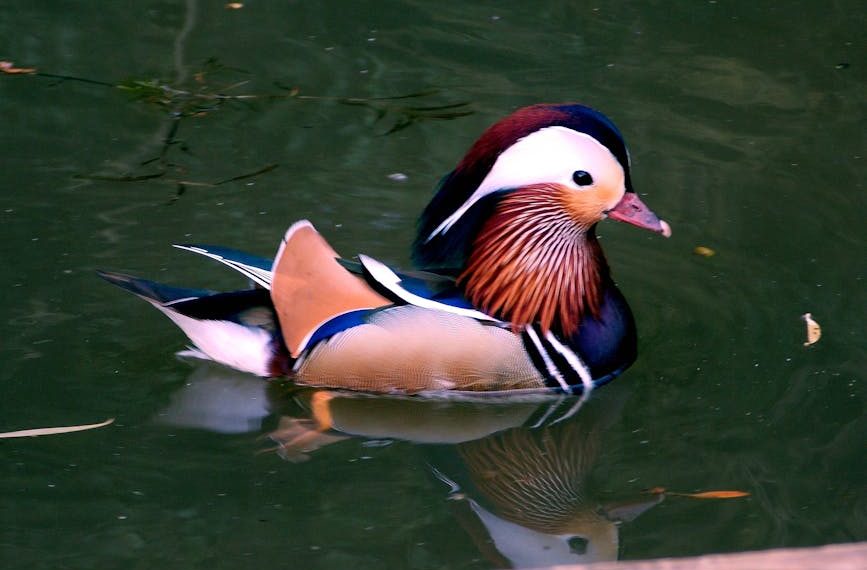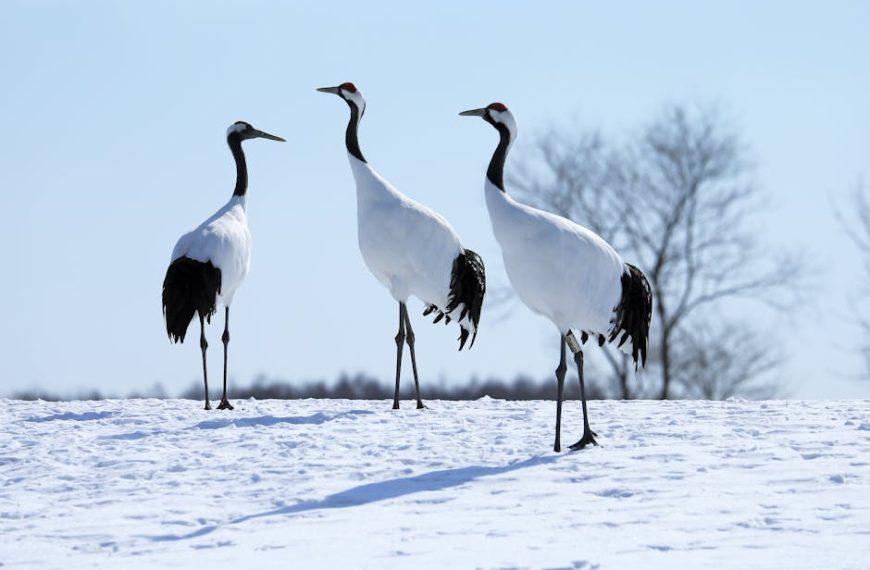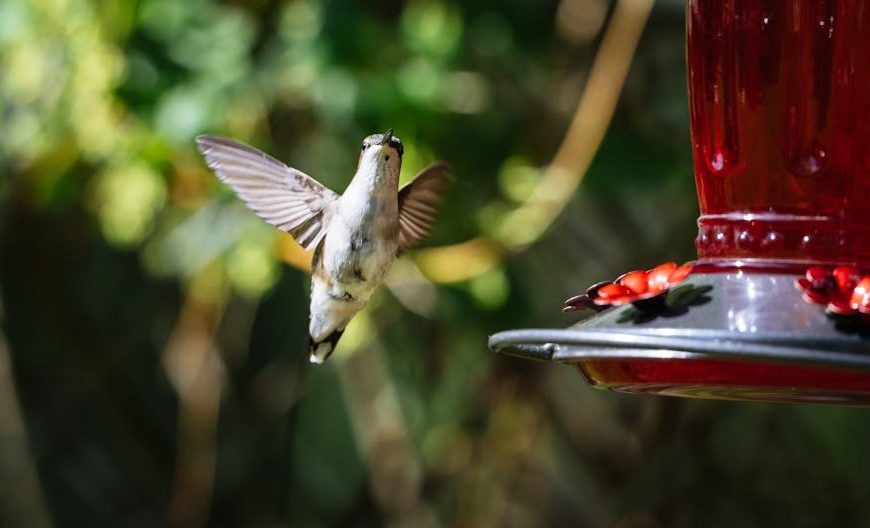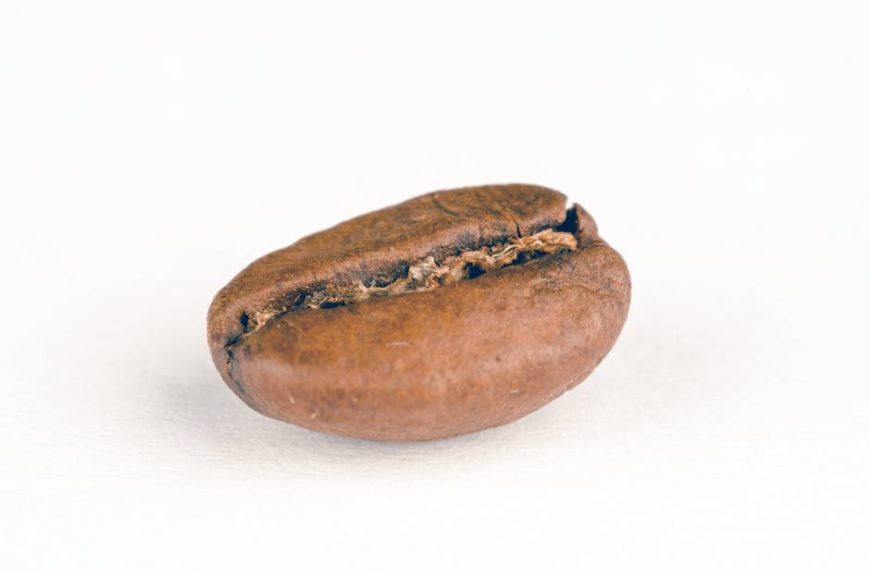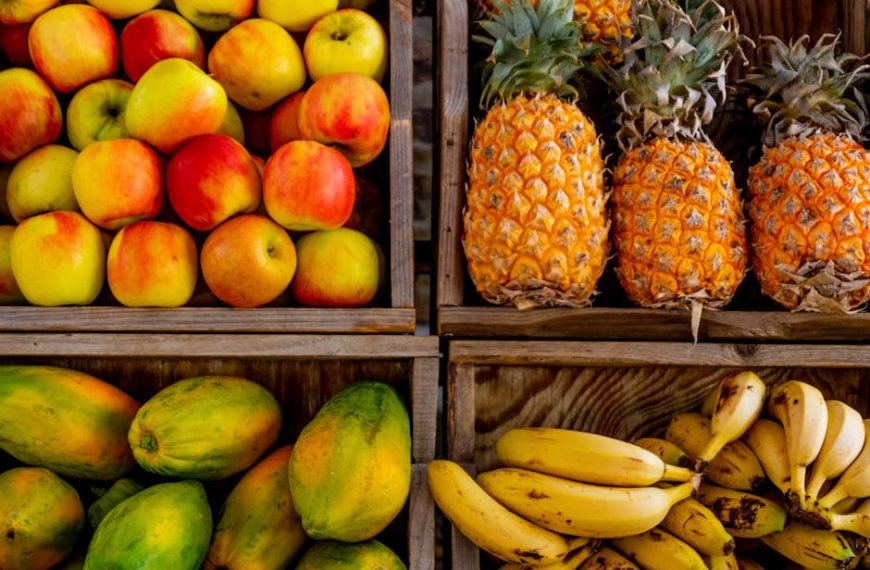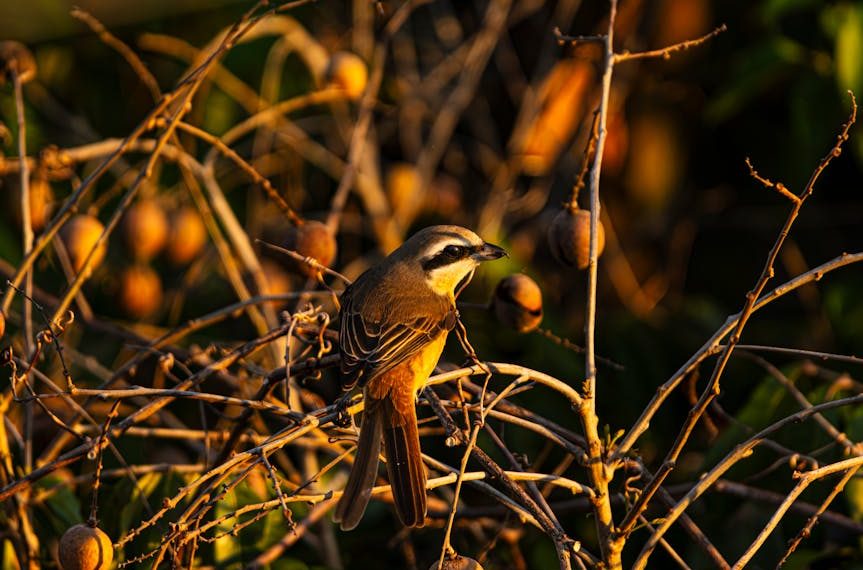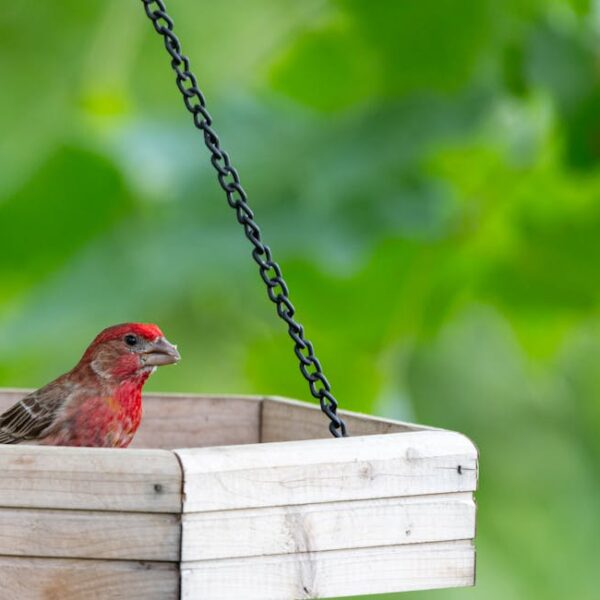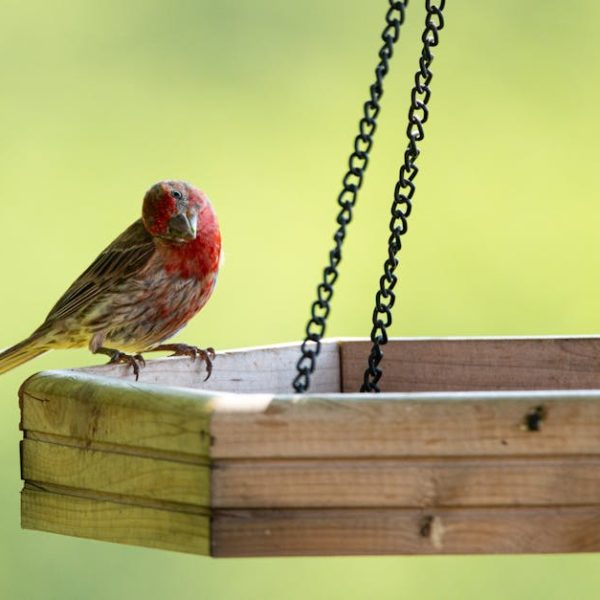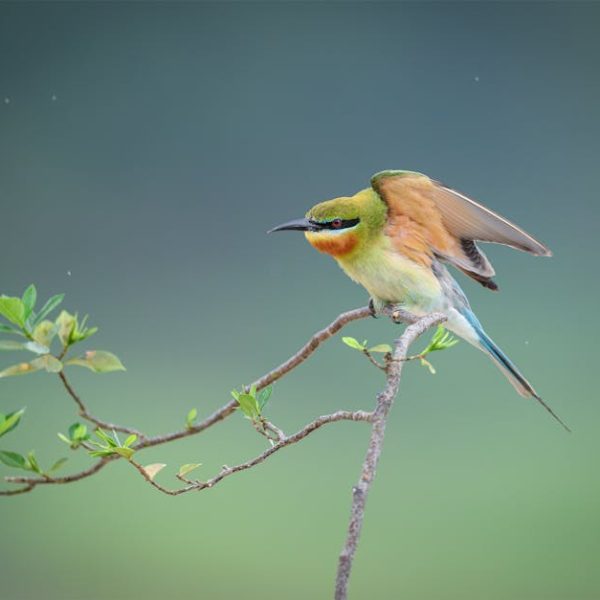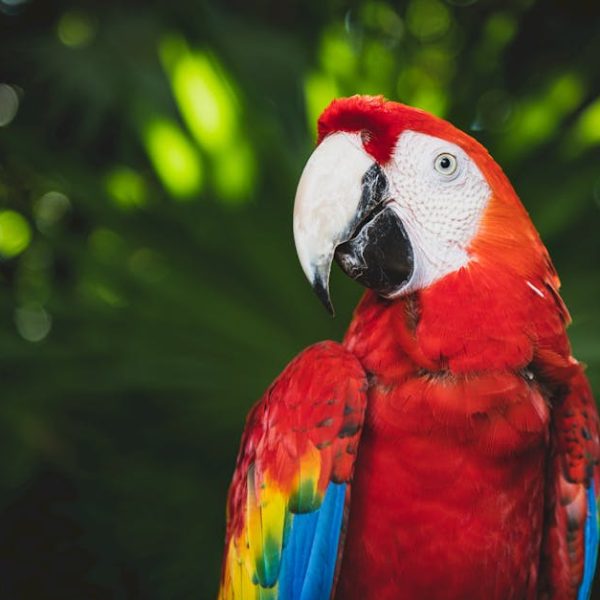Feeding is an important part of the life cycle of birds. It is fascinating to see the different feeding behaviors exhibited by various bird species, influenced primarily by what they themselves eat and the natural environment they inhabit. For instance, predatorial birds like hawks and eagles usually pass on their carnivorous habits to their hatchlings by feeding them small prey. On the other hand, granivorous birds like pigeons and sparrows, feed their young a wholesome diet of grains.
- Hawks and eagles, primarily feed their babies small mammals and birds
- Sparrows and pigeons primarily feed their babies seeds and grains
Difference in Diet Based on the Age of Baby Birds
Just as human babies have their dietary needs change as they grow, baby birds’ diets also evolve with time. Newly-hatched birds or nestlings usually consume a diet rich in protein for rapid growth and feathers development, while fledglings start to experiment with fruits and seeds as they prepare for independence.
- Pro Tip (icon): The first two weeks of a baby bird’s life they usually consume soft, protein-rich food like worms and caterpillars.
- As they grow, baby birds transition to a more varied diet – soft fruits, seeds, insects, depending mainly on the species.
Role of Mama Birds in Feeding Their Babies
The role of mama birds in feeding their young is crucial. They not only provide food but also teach them essential survival skills like foraging for food and avoiding predators. Interestingly, to feed their babies, mama birds often pre-digest the food, regurgitating it into their young’s mouth. This method allows the baby birds to easily ingest and absorb essential nutrients.
- Pro Tip (icon): Baby birds cannot digest raw food; hence, Mama birds eat and partially digest food for them.
- Best Practices: When baby birds learn to peck and pick food themselves, the mama bird will gradually stop pre-digesting their food.
Types of Food Commonly Fed by Mama Birds to Their Babies
Different bird species have varied dietary habits, influenced mainly by their natural environment. They typically feed their babies insects, worms, seeds, and fruits. Each of these food items contributes vital nutrients for the growth of the fledgling.
- Comparison: Insects and worms provide a rich source of protein, vital for growth and feather development. Seeds and fruits, on the other hand, offer essential vitamins and carbohydrates.
- Checklist: Essential nutrients for baby birds include protein, lipids, vitamins, and minerals found in insects, grains, fruits, and worms.
Adaptation in Baby Birds’ Feeding Habits to Cope with Changes in Environment
With changing climates and human expansion, several bird species have been forced to alter their feeding patterns to survive. In cities, birds are often observed adapting their diet to human food waste due to the scarcity of natural resources. This adaptability is essential to their sustainability.
Let’s compare the feeding adaptations of birds living in urban areas to those living in their natural habitats.
| Urban Birds | Rural Birds |
|---|---|
| Adapt to scavenging on human food waste | Forage on natural food sources like insects and seeds |
| Increased flexibility in diet | Diet based on availability of seasonal food sources |
- List: For example, crows and pigeons have successfully adapted to urban environments, frequently seen eating leftover human food. In contrast, birds like sparrows and finches remain reliant on their natural diets, often facing challenges due to changing climates and habitat disruptions.
- Best Practices: To support your local birdlife, you can start by setting up bird feeders filled with seeds, grains, and fresh water. Try to minimize disruptions to their natural habitats. Consider participating in local bird conservation efforts to further aid these fascinating creatures in their fight for survival in an ever-changing world.
Remember, the goal is to support them in a way that does not make them overly reliant on human aid, but rather helps them survive and thrive in their natural habitats.
Key Takeaway:
- The diet of baby birds is highly influenced by their parent’s diet and their natural environment. The type of food they consume plays a vital role in their growth and development.
- The feeding behavior and diet of baby birds changes as they mature from nestlings to fledglings.
- Mama birds play a significant role in feeding their babies, often pre-digesting food for their young to easily ingest and absorb nutrients.
- Birds have shown remarkable adaptability to changing environments, altering their feeding habits to ensure their survival.
- Supporting our local birdlife in healthy and sustainable ways can positively impact their ability to adapt and thrive amidst changing conditions and habitats.
With a deeper understanding and appreciation for the intriguing feeding behavior of mama birds and their babies, you may now find your bird watching or bird feeding activities even more meaningful. Remember, just as nature provides for these creatures, we too can make positive contributions to their habitats and survival.
FAQs
Q: How can I discourage birds from feeding on human food waste in urban environments?
A: To discourage this, maintain a clean environment void of food waste. You can also set up bird feeders filled with natural bird food like seeds and grains to promote their natural diet.
Q: What can cause sudden changes in a baby bird’s diet?
A: Changes in the availability of food due to changing seasons or environments can cause sudden shifts in a baby bird’s diet. Also, as baby birds mature, their dietary needs evolve.
Q: How long does it typically take for a nestling to start feeding on its own?
A: This largely depends on the species of the bird. However, the transition usually begins a few weeks after hatching, when the bird has grown enough to start picking and eating foods themselves.
Q: What can I do if I find a baby bird that is unable to feed itself?
A: It’s best to contact a local wildlife rehab center for professional help. If this is not possible, you can try feeding it soft, protein-rich food like moist puppy kibble, but ensure to stop once it can eat on its own.
Q: Why is it important for birds to maintain their natural diets instead of adapting to human food waste?
A: Human food waste often lacks the vital nutrients that birds require for their growth and development. Over-dependence on such food can lead to nutritional deficiencies, affecting the birds’ overall health and survival rates.
Feel free to explore more articles on our website and share this with others who may find it useful!
